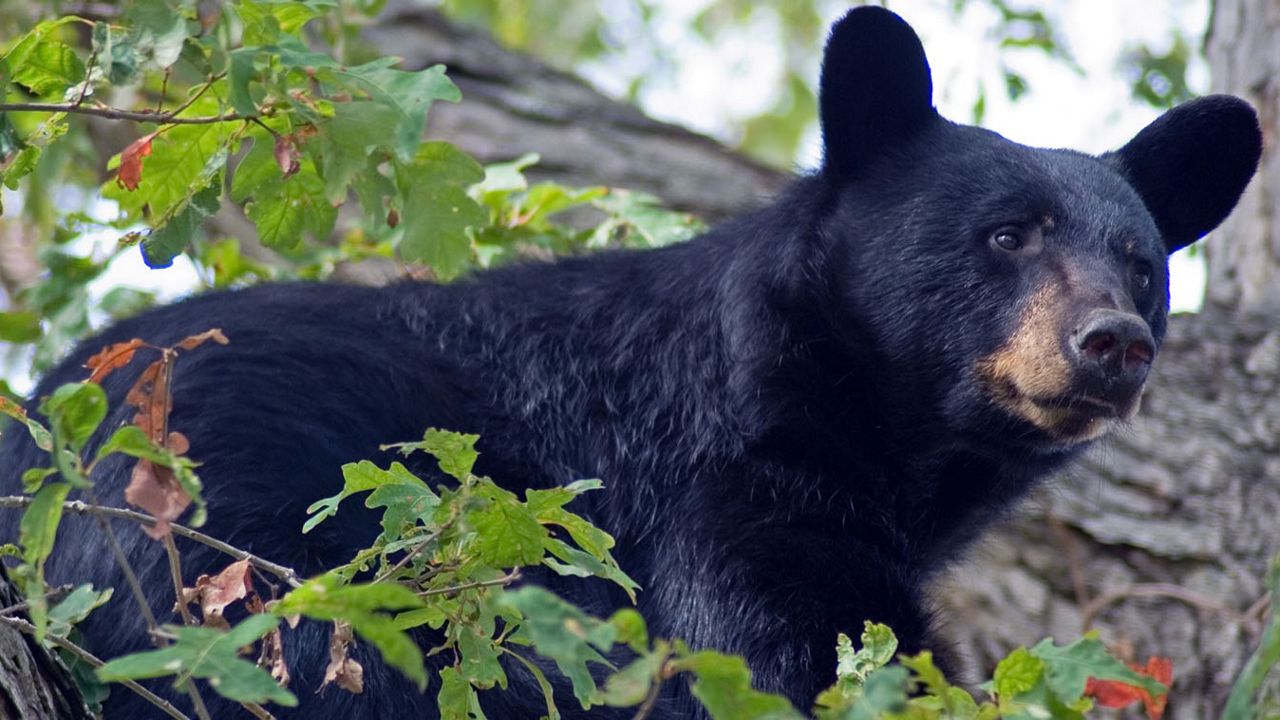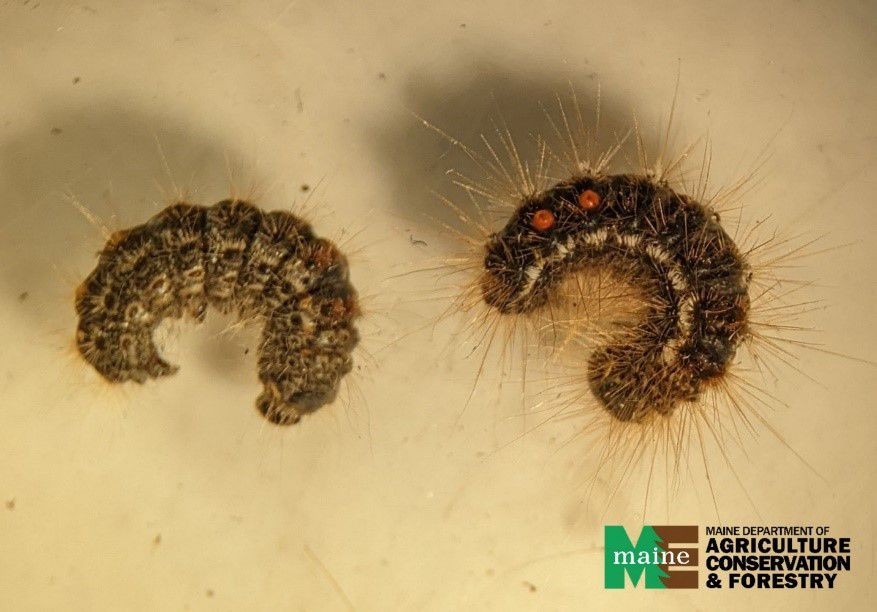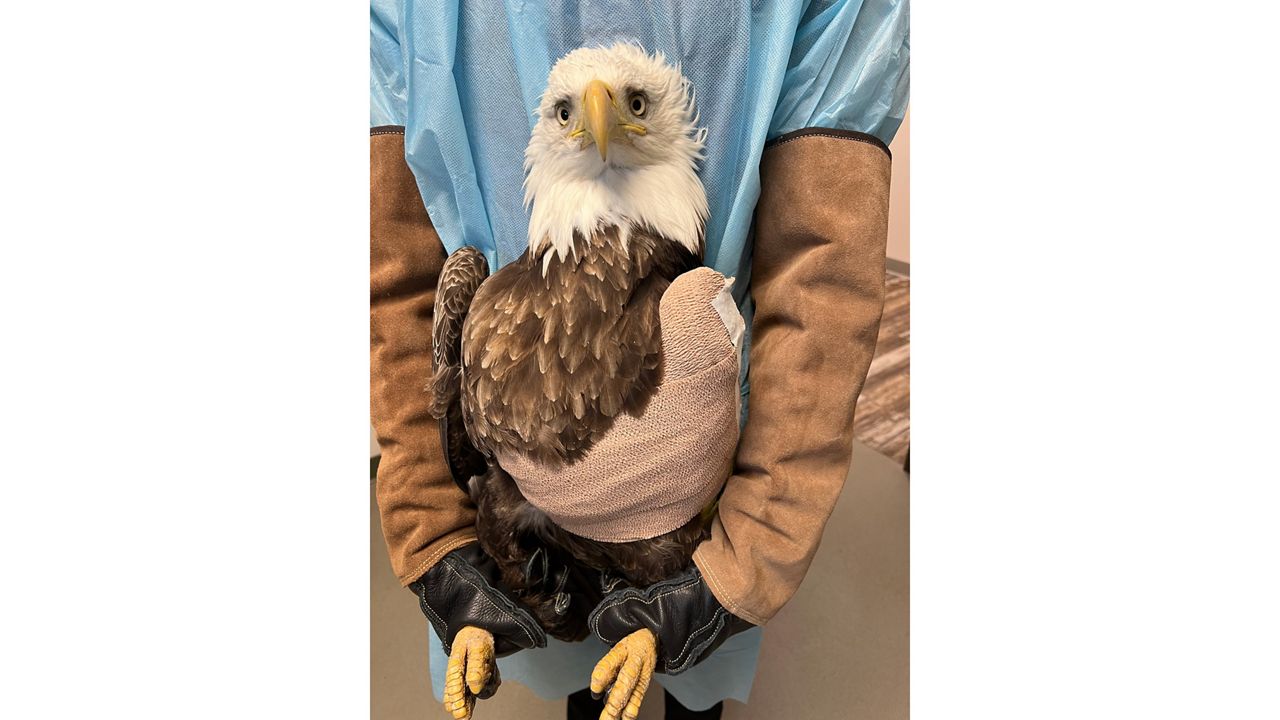Now that spring is here, the Maine Department of Inland Fisheries and Wildlife is advising residents to be aware of black bears.
According to the department, these animals lose a significant amount of body weight and are looking for food coming out of their winter dens.
At this time, black bears can venture into backyards and fields scavenging for food.
You can take steps to prevent black bears from coming onto your property. Inland Fisheries and Wildlife recommends removing bird feeders. This should typically be done between April 1 and Nov. 1.
The department also recommends raking up unused birdseed from the ground. It is also advised to store garbage cans in a building or an enclosed area.
Inland Fisheries and Wildlife also suggests cleaning grills thoroughly after each use. It urges using bear-resistant dumpsters or garbage lids and taking garbage to the curb on the morning of pickup.
Black Bears can also be encountered in leisurely activities, including hiking and camping. In these instances, the Department urges those outdoors to be aware of your surroundings, hike in groups and not to store food in your tent.
Should you encounter a bear in the woods, do not approach the bear; the department recommends quietly backing away and leaving the area. If you encounter a bear in your backyard, make sure to be at a safe distance making loud noises, such as shouting or banging pots and pans together.
If a bear becomes aggressive and comes towards you, Inland Fisheries and Wildlife suggests making yourself look bigger by raising your arms and yelling “Hey, bear!” while backing away. If a bear is aggressive and charges you, the organization advises you to stand your ground, be calm and use bear spray.
For more information, check the Maine Department of Inland Fisheries and Wildlife’s page on more black bear prevention tips.








